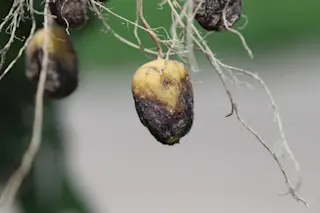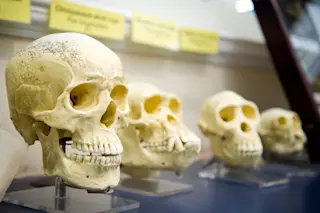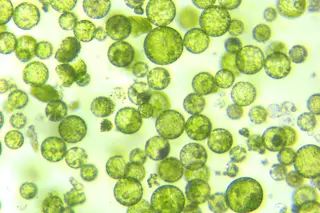When you park in downtown Scott, Mississippi, population 200, you can leave your keys in your unlocked car and still expect to drive home. Outside of Scott, people don't know much about the town's primary employer, the Delta and Pine Land Company, a seed company that specializes in cotton. But that will probably change, because Delta and Pine Land is working on something of a time bomb in the world of farming—a terminator gene.
More than 70 percent of the acreage of soybeans and cotton in the United States supports genetically modified varieties. The first genetically engineered crop plant, the Flavr-Savr tomato, had a fish gene that extended its shelf life. But the innovation failed in the marketplace.
Plants equipped with a terminator gene grow up just like other plants, with one crucial exception -farmers can't grow anything from the seed they produce. This feat of genetic engineering has caused ...













